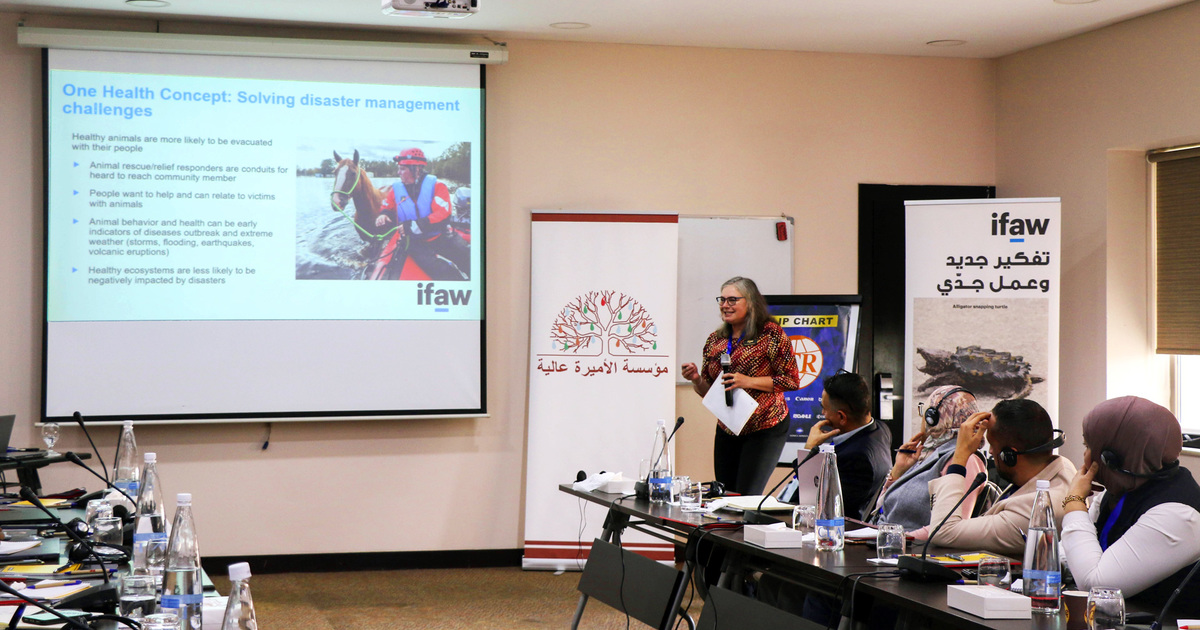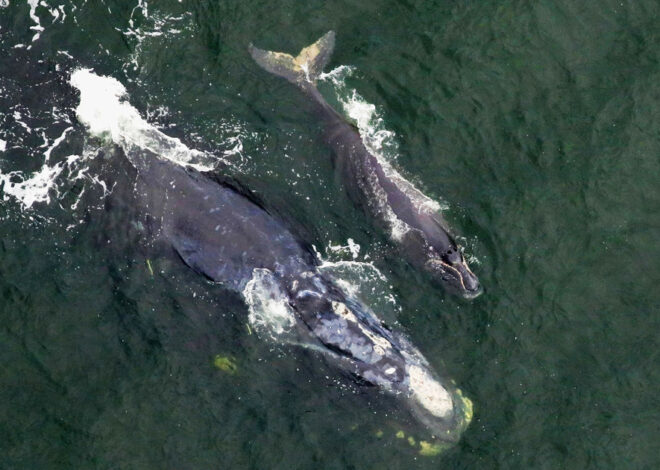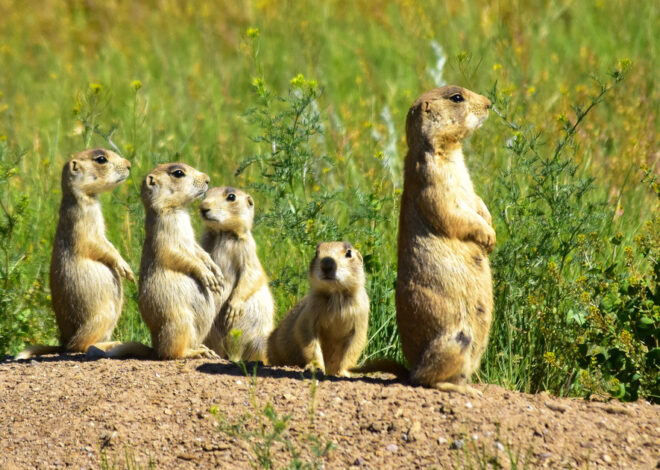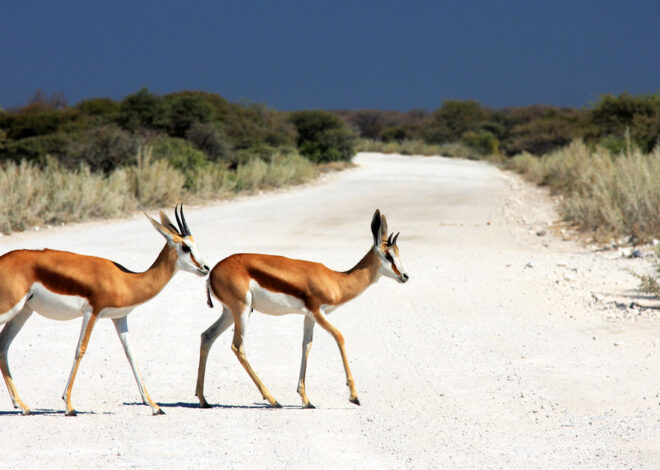
Strengthening disaster response for animals in MENA
This November, the first specialised workshop assessing the impacts of disasters on animals inside the Heart East and North Africa (MENA) space happened in Amman, Jordan. The workshop, launched in cooperation between IFAW and the Princess Alia Foundation, launched collectively representatives from the governments and civil society of Sudan, Libya, Lebanon, Iraq, and Jordan. This two-day, in-person workshop was the keystone event in a multi-faceted programme designed to find out a group of regional consciousness and cooperation for preparing for, responding to, and recovering from disasters—with an emphasis on animals.
The workshop engaged members in a whole dialogue, together with representatives of IFAW’s workforce, regarding the distinctive challenges confronted by governmental and non-governmental organisations when managing animals all by means of the disaster cycle. The aim was to have a look at their current state of readiness and uncover approaches to animals in disasters, emphasising the importance of integrating animals into broader emergency administration plans.
Assessing desires and points
By a web-based portion of the workshop, we helped decide some key areas of concern for disaster response inside the space, along with:
- the way in which to help develop animal disaster plans amidst so many competing priorities and restricted sources
- producing public consciousness on the importance of animal rescue
- creating emergency administration strategies at native, nationwide, and regional ranges
The net course moreover launched members to the challenges and best practices for environment friendly disaster response planning for animals, along with an overview of the varied sorts of assessments which may be undertaken sooner than, all through, and after disasters, and steering for selecting, planning, and prioritising response interventions.
Promoting readiness to foster resilience
Our primary function in having this workshop is to spice up consciousness, via being collectively in particular person, establishing upon the online packages, which organize a really perfect foundation for everyone. The in-person part of the workshop gave us the time to be collectively and to have candid conversations regarding the state of readiness in these nations, in a dialogue board the place it is safe for everyone to have the power to say, ‘these are the problems we’re experiencing now’, or to ask their neighbours, ‘how are you addressing water scarcity in your space’, and having these conversations as a space. I co-led this workshop along with Dr. Akram Eissa Darwich, Director of IFAW’s Regional Office for MENA, and Dr. Nabegh Ghazal Asswad and Osama Al Nouri, every Programme Managers in IFAW’s MENA office.
We launched the One Effectively being concept, reinforcing the hyperlinks between people, animals, and the environment in disaster administration. We talked about disaster developments inside the MENA space, giving all people the prospect to share their very personal experiences. We moreover provided a dialogue board for members to debate how they’re going to use the newfound information and talents from the online teaching to raised embody animals in disaster planning.
Supporting the occasion of an animal rescue group inside the MENA space will help IFAW and our companions greater understand the way in which to help foster resilience for people and animals in nations which have an evolving danger panorama and are further susceptible to diversified types of disasters, along with battle, floods, and earthquakes.
In 2023, a 7.8-magnitude earthquake struck Türkiye and Syria, levelling cities and killing 1000’s. IFAW provided grants and emergency assist to native animal rescue organisations inside the space. Additional not too way back, IFAW has moreover provided grants and assist to native animal rescue organisations on the underside in Syria and Lebanon to help animals and different individuals impacted by battle. This workshop will further assist these organisations by serving to the nations on this space to guage vulnerabilities, mitigate risks, and be greater able to reply to future disasters.


